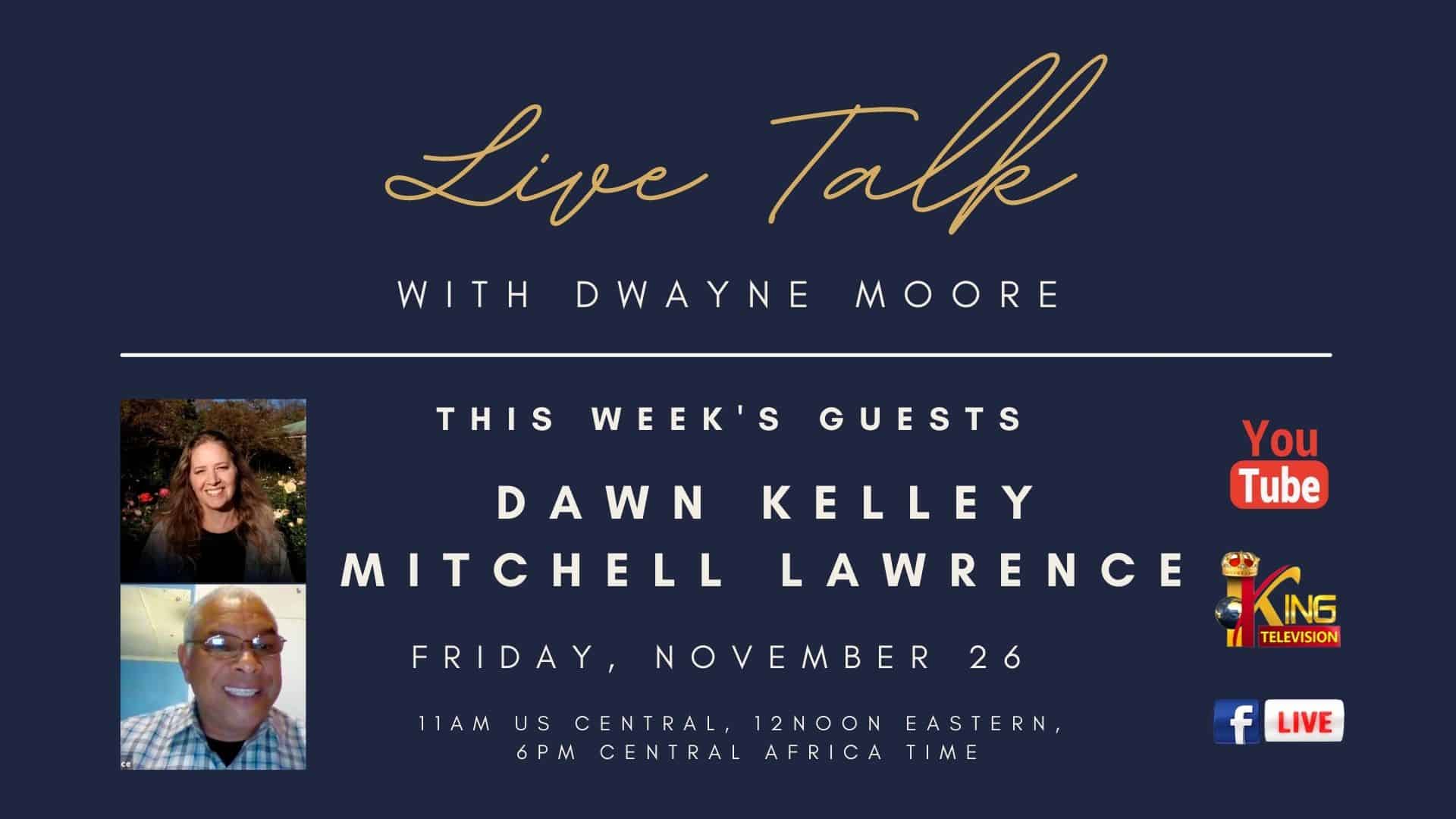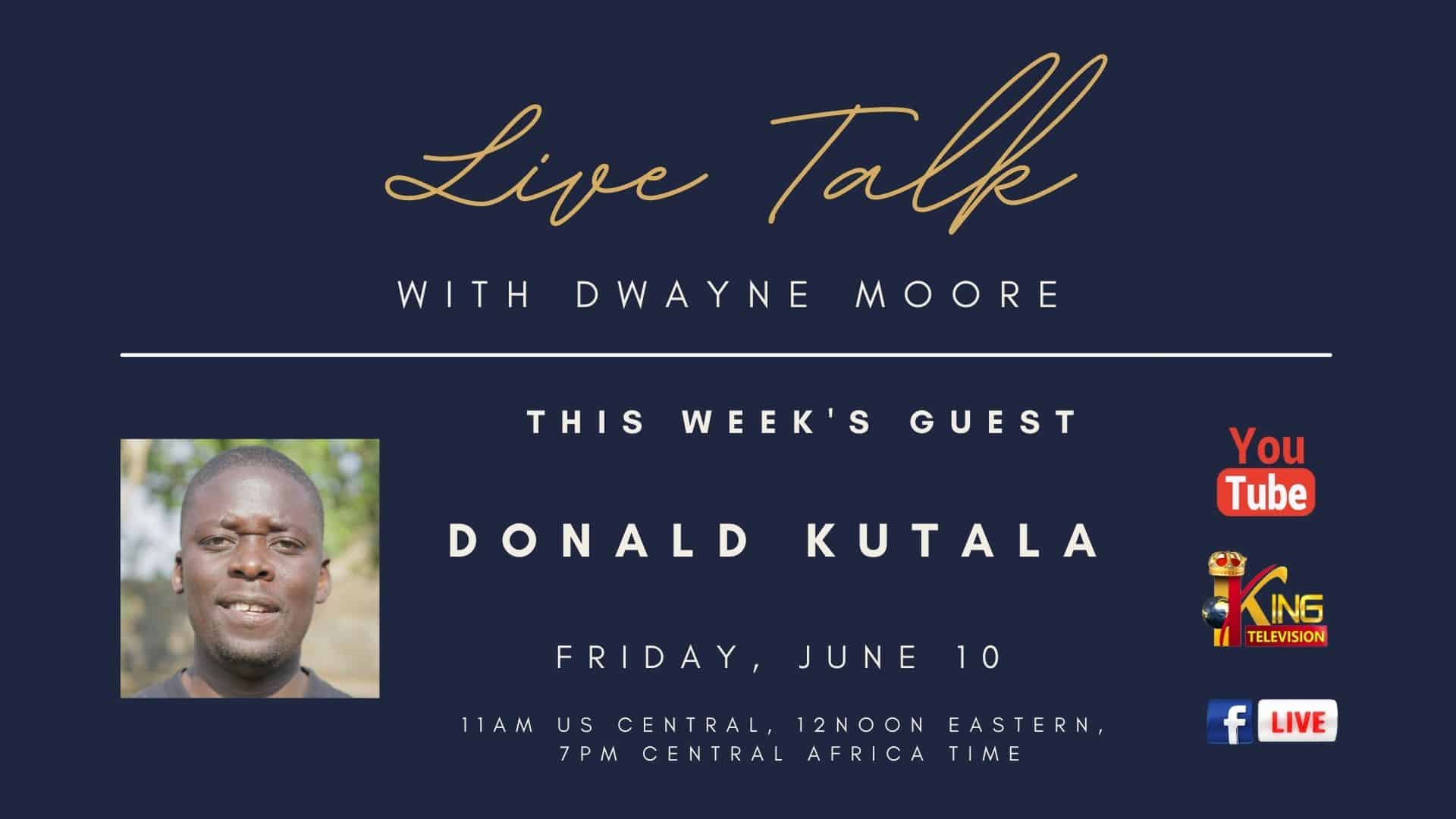Is It OK to Call Us “Worship Leaders”? (Podcast)

Joining Dwayne in this podcast is special guest, Grant Norsworthy. To access Grant’s free training resources and his coaching opportunities, go here.
Text from Worship Q&A Podcast:
Hey, everyone. Welcome to the Worship Q&A Podcast. I’m Dwayne Moore. We try to answer questions that worship leaders are asking.
We’ve got a question today that we’re asking. Is it okay to call ourselves worship leaders? What does that even mean, in context of serving in a church? Well, I got the guy that’s gonna help us get to the root of that. His name is Grant Norsworthy. He’s a speaker, instructor and award-winning musician.
[Introductions and non-scripted chat]
Here’s the question we’re asked sometimes, Grant. And that is, worship’s such a big word, is it okay to call one a worship leader? What would you suggest, if someone’s looking to craft a title for themselves? What would you suggest, and how does that play into the word worship?
Grant: Yeah, thank you. Well, I’ve thought a lot about this. And speaking on an audio podcast, you can’t see me doing that funny thing with our fingers to show quotation marks. It’s a little bit harder to communicate. It’s such a useful thing. But Sonic Flood was known as being a worship band, singing worship songs. And we were trying to give people a worship experience, quote-unquote.
And I came out of my three years in Sonic Flood impressed with this. Ah, singing songs of praise of God. Getting a group of people singing a prayer to God. Getting a group of people encouraging each other to follow Jesus with more intentionality. Having a group of people sing truth from Scripture. This is a beautiful thing. This is more powerful than I realized. This gathering of believers, and singing praises to God, is more important than I’d realized, at any point in my life. And it’s perhaps even more important than any of us realize right now.
However, the second thing I came out of Sonic Flood impressed with, was that the act of singing songs to God, in and of itself, is not worship. I don’t see the word “worship” used in Scripture–the way we use it in our culture today.
Dwayne: How do you see it used, can I ask that, in Scripture?
Grant: Well, very simply, I think we’ve gotta realize that it’s only in the last, maybe, 50 years. The word “worship” started getting used as an adjective. Worship band, worship leader, worship pastor, worship Spotify playlist. That’s very recent. Before that, it was a noun, and the noun usually meant an event. Sunday morning, we have worship. It’s this thing that happens at this time, in this building, and it’s these activities. But originally, the word “worship” was only a verb. It’s a doing word. In fact, the word “worship” wasn’t said like we say it today.
And it meant, “worth,” it was actually said like this: “worth-ship.” To ascribe value to God.
And I’ll tell you what. We could take it to this degree, too. We ascribe value to all sorts of things, all the time. What proportion of our worth-shopping is for God? We use the language worship right now to mean, usually, a gathering of believers singing praises to God. To some people, worship is a subset of the CCM music industry. And that’s if you listen to the way we speak. And the Scripture tells that the way we speak is important. So is it okay to call yourself a worship leader? That’s the point.
Dwayne: You think that we’re un-teaching something that we’d need to be teaching, by calling ourselves a worship leader?
Grant: Yeah.
Dwayne: And how so?
Grant: Again, and you know, the good thing about God is, he’s a god of redemption. A god of grace. He’s a god of forgiveness. So I’m not gonna say, “Listen up, you are wrong to call yourself a worship leader.” But let’s think about the words here. I am not responsible for a group of people worshiping God.
Dwayne: Wow. No, we can’t make them worship, that’s for sure.
Grant: There’s only one person whose worship I’m responsible for, and that’s me. I wanna see worship as being something that I do, or don’t do. And so, the worship of God, I wanna express the worship of God through singing songs, through leading others to sing songs, gathered together. But I want to realize that worship of God must continue after the songs are finished. And after we’ve left the auditorium. So I’m beginning to see that the way I keep my marriage vow is a way of worshiping God. The way I raise my children is a way of worshiping God. The way I buy or don’t buy, the way I consume. Look down the history of my Web browser. Look at my Twitter feed. You’ll see what I worship. Right?
Dwayne: Wow. That’s powerful.
Grant: What I show the worth of. So, if we’re talking about the worship of God, then a person who hangs a guitar around their neck, and gets a microphone in front of their mouth, and is put in front of a crowd of people. To me, they are leading congregational singing, as one of the ways that God is worshiped. And I hope to not be demoting that. Because, as I’ve said before, this is important stuff. But there’s no place in the Bible that uses the word “worship” linked to music, like we do. Actually, Dwayne, there’s one. It’s Daniel 4. There’s one verse I’ve been able to find, that uses the word “worship,” and the word “music.” And it’s King Nebuchadnezzar’s herald, saying, “When you hear the music, worship the idol.
Dwayne: The idol.
Grant: That’s the only time. I am deeply concerned for the church, that we have devalued what it means to worship God. In the same way that the word “awesome” used to be a powerful word, now, it’s not a powerful word. Well, the word “worship” is supposed to be mean, “show the worth of.” And so, the worship of God is defined best, I think, in Romans 12:1. “Therefore, brothers and sisters, in view of God’s great mercy, offer yourself as a living sacrifice, wholly and acceptable to God. And let that be your spiritual, reasonable, intelligent act of worship.”
Dwayne: Wow.
Grant: You will never find the word “worship” used, meaning, “gather together and sing songs.” We should do that. But that is not, in and of itself, worship.
Dwayne: Well, we are just about out of time. But, clearly, this a conversation that you need to contact Grant, and get more information on. I mean, seriously, man. You’ve stirred up something I think more of us need to hear. And so, we appreciate that.
And I don’t think either one of us is advocating that a person listening to this goes out and changes their title tomorrow. But I think we need to rethink what we’re doing, and how we’re doing it in the local church, in the American culture. And I think you’re helping us do that.
Grant: Yeah.
Dwayne: So thank you for that.
Grant: Yeah. Thank you very much. And, again, if people do wanna continue the conversation with me, please go to morethanmusicmentor.com. And there’s also grantnorsworthy.com.
Dwayne: I’ve looked on your website, and you’ve got some great resources on there. You even got some videos, and training videos. It is an honor to have you. It has been great to talk to you today.
Grant: Thanks.
Want to LISTEN to this article? Go to our podcast page.
Need help in your development from a leader to a pastor? Check out the upcoming Online Worship Leader Course and don’t forget about the ReFOCUS Worship Conference! You can register for both today!
Podcast: Play in new window | Download | Embed





Leave a Reply
You must be logged in to post a comment.